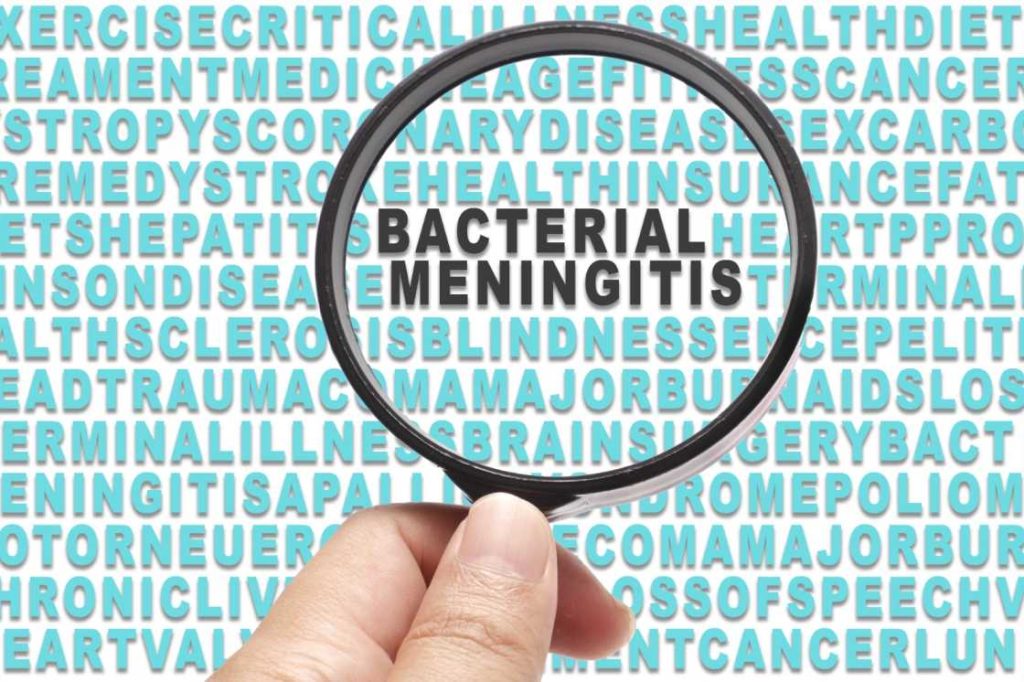Meningitis, an inflammation of the membranes surrounding the brain and spinal cord, may seem like a complex condition at first glance. It is important, however, to understand the differences between its various forms: viral, bacterial and fungal.
These three categories of meningitis have distinct characteristics, symptoms and treatments. By understanding the basics, you can help protect yourself and your loved ones.
Meningitis Symptoms and Signs
Meningitis is an inflammation of the membranes surrounding the brain and spinal cord. The symptoms can vary, but common signs of meningitis include fever, headache and a stiff neck. These meningitis symptoms may be accompanied by nausea, vomiting, sensitivity to light and an altered mental state. It’s important to recognise these meningitis symptoms early on, as prompt medical attention is vital for a better outcome.
Viral Meningitis
Viral meningitis is often less severe than bacterial meningitis and is caused by various viruses, such as enteroviruses and herpes simplex virus. Unlike bacterial meningitis, viral meningitis is usually not life-threatening. It tends to improve on its own with supportive care, such as rest and hydration. However, antiviral medications may be prescribed in some cases.
One characteristic feature of viral meningitis is the absence of a meningitis rash. A rash is not typically associated with viral infections of the central nervous system. Understanding this distinction can be important in differentiating between viral and bacterial forms of meningitis.
Bacterial Meningitis
Bacterial meningitis is a more serious and potentially life-threatening form of the illness. It is caused by bacteria entering the bloodstream and traveling to the brain and spinal cord. The most common bacteria responsible for bacterial meningitis are Neisseria meningitidis, Streptococcus pneumoniae and Haemophilus influenzae.
One significant sign of bacterial meningitis is the presence of a meningitis rash. This rash is characterised by dark purple or red spots and does not fade when pressure is applied. If you notice someone with symptoms of meningitis and this distinctive rash, seek emergency medical attention immediately. Bacterial meningitis requires prompt treatment with antibiotics to prevent severe complications and reduce the risk of death.
Fungal Meningitis
Fungal meningitis is relatively rare compared to viral and bacterial forms. It is caused by fungal infections and is more likely to affect individuals with compromised immune systems, such as those with HIV or undergoing organ transplant procedures. The symptoms of fungal meningitis are similar to those of viral and bacterial meningitis but may develop more slowly.
Diagnosing fungal meningitis can be challenging and treatment often involves antifungal medications. It’s important to consult with a healthcare professional for an accurate diagnosis and appropriate treatment plan.
Meningitis Vaccination
Fortunately, there are vaccines available to prevent certain types of meningitis. The meningococcal vaccine, for example, protects against Neisseria meningitidis, a common bacterial culprit. Additionally, meningitis vaccinations for Haemophilus influenzae type b (Hib) and Streptococcus pneumoniae are routinely administered to children, offering protection against bacterial causes of meningitis.
Meningitis Treatment
Regardless of the type of meningitis, early diagnosis and treatment are essential for a better prognosis. If you suspect someone has meningitis, seek medical attention immediately. Diagnostic tests, such as a lumbar puncture, may be performed to confirm the diagnosis and determine the specific cause.
Viral meningitis treatment focuses on supportive care, while bacterial meningitis requires prompt administration of antibiotics. Fungal meningitis treatment involves antifungal medications tailored to the specific fungal strain causing the infection.
Final Thoughts
Understanding the differences between viral, bacterial and fungal meningitis is important for recognising the signs of meningitis, seeking timely medical attention and ensuring appropriate treatment. Being aware of the distinctive features, such as the absence or presence of a meningitis rash, can aid in prompt identification and better outcomes for individuals affected by this potentially serious condition. Stay informed, stay vigilant and prioritise your health and the health of those around you.
Embark on a journey to safeguard your health with knowledge as your compass. Trust Touchwood Pharmacy for meningitis vaccination and to guide you on this path of understanding and protection. Stay informed, stay healthy!


























